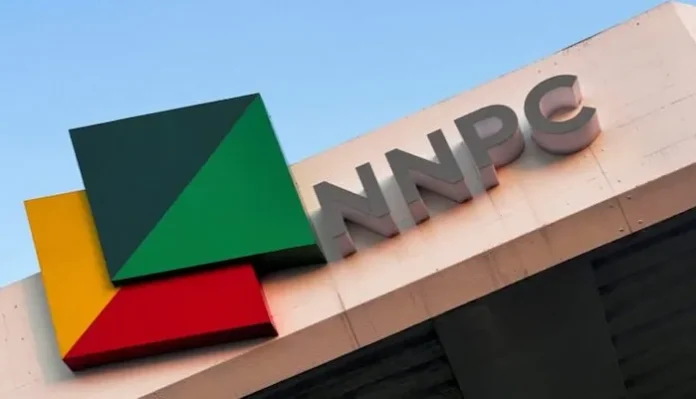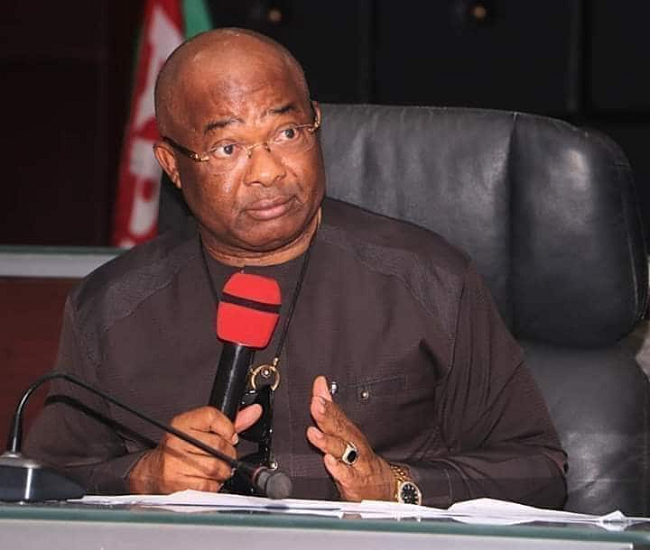The Nigerian National Petroleum Company (NNPC) Limited’s net debt has risen rapidly from N22.7 trillion in 2022 to N156.4 trillion in 2023, representing a nearly seven-fold increase.
An analysis reveals that in value terms, the fully-owned government company recorded a staggering N133.7 trillion more in net debt in 2023 compared to the past year.
Further analysis shows that NNPC Limited’s lease liabilities soared from N6.47 billion to N400.9 billion, and trade and other payables surged from N25.03 billion to N163.7 billion.
Despite these increases, the company’s after-tax profit rose from N2.52 trillion to N3.29 trillion, and revenue from contracts with customers jumped from N8.82 trillion to N23.99 trillion.
Umar Ajiya, chief financial officer of NNPC Limited said in a statement that NNPC Ltd will announce Initial Public offer (IPO ) once the shareholders and board make a decision.
He also debunked claims on subsidy payment, saying the company was only taking care of PMS importation shortfall between it and the Federation.
The firm’s selling and distribution expenses surged to N132.6 billion from N22.89 billion. General and administrative expenses grew to N2.99 trillion from N1.7 trillion.
NNPC Limited’s net impairment reversal on financial assets grew to N426.8 trillion from N311.1 trillion.
Other income grew to N1.96 trillion from N1.17 trillion during the period reviewed. Cash and cash equivalents surged to N7.72 trillion from N2.32 trillion during the period.
Findings suggest that petrol prices are expected to reach N1,300 per liter, primarily due to the cash crunch affecting the Nigerian National Petroleum Company (NNPC) Limited.
The NNPC, the sole importer of petrol into Nigeria, has consistently denied subsidizing the cost of PMS but has refused to disclose the product’s landing cost. However, on Sunday, due to the supply cost of PMS, the company admitted facing financial difficulties.
Bayo Onanuga, the special adviser to President Bola Tinubu on Information and Strategy, stated in a social media post on Tuesday that despite the presidency’s repeated denials of a return to the gasoline subsidy regime, the state-owned oil company can no longer maintain its “generous disposition.”
“That generous disposition by NNPC Limited, backed by a compassionate president unwilling to let the people suffer, has been under threat for months, because of the rising cost of crude and the devalued Naira,” Onanuga stated.
He mentioned the NNPC has recently expressed concerns about its inability to sustain the price differential on its balance sheet without facing insolvency. This situation has broader implications for the functioning of the three tiers of government, as the NNPC’s failure to contribute to the Federation Account has impacted the funds allocated to the government.
The Nigerian National Petroleum Company Limited (NNPC) is a state-owned oil company in Nigeria. It was transformed into a limited liability company in July 2022, remaining a fully-owned government entity. NNPC Limited holds the exclusive license to operate in Nigeria’s petroleum manufacturing.
This article was written by Tamaraebiju Jide, a student at Elizade University















